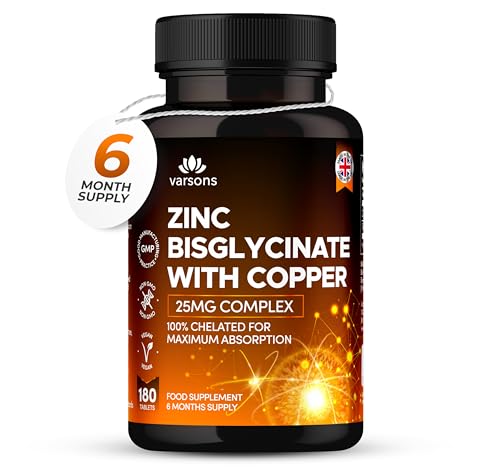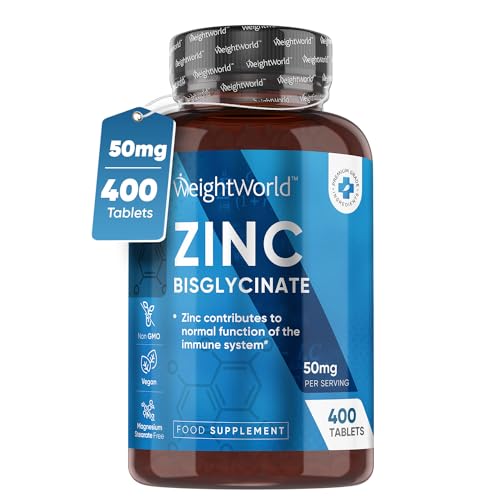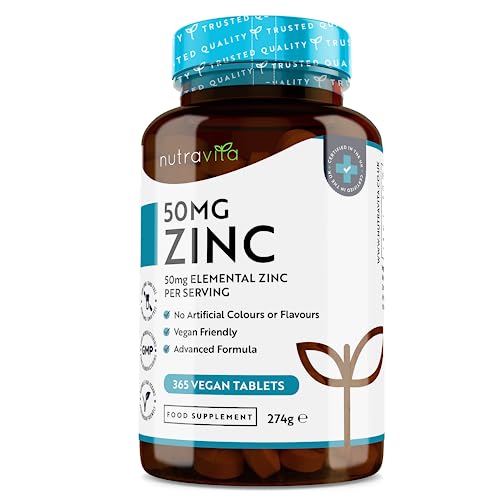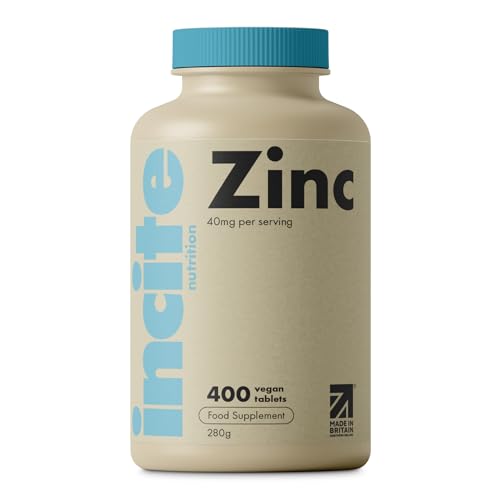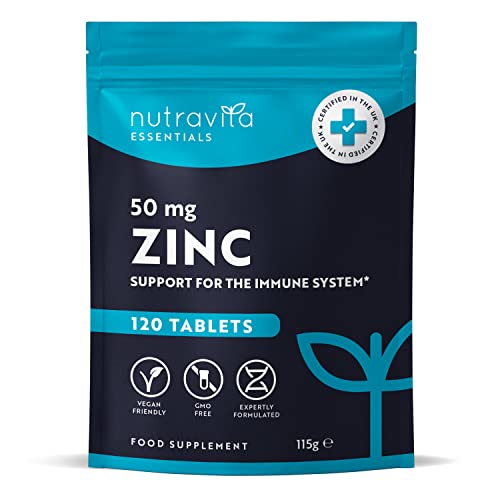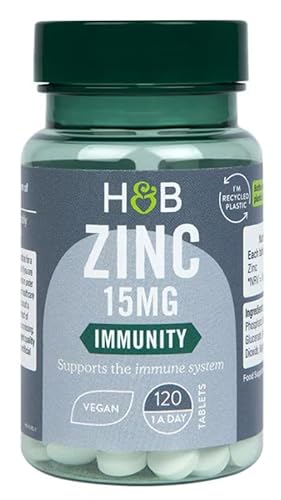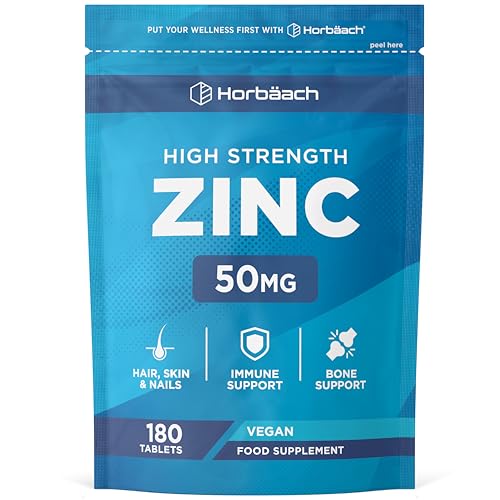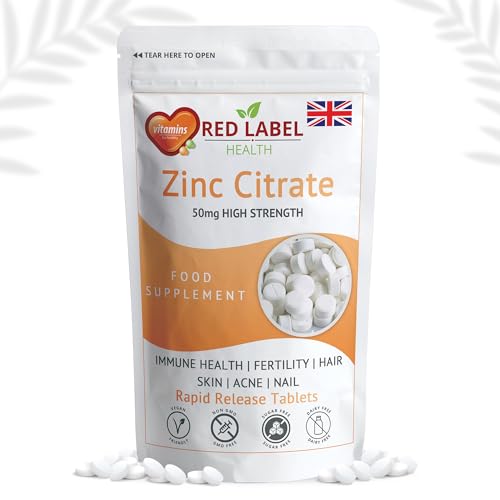Understanding Zinc Tablets: What They Are and How They Work
What Are Zinc Tablets?
Zinc tablets are dietary supplements that contain zinc, a vital mineral essential for various biological functions in our body. These tablets are typically taken to boost zinc levels and ensure we receive an adequate amount of this mineral, especially if our diet lacks sufficient zinc-rich foods. They usually come in different forms including zinc gluconate, zinc citrate, and zinc picolinate, each with its own absorption rates and properties. When ingested, zinc plays a crucial role in processes such as immune function, protein synthesis, wound healing, and DNA synthesis.
How Do Zinc Tablets Work?
When we take zinc tablets, they are absorbed through the intestinal tract into the bloodstream. Zinc acts as a co-factor in over 300 enzymatic reactions in the body. This means it helps enzymes perform important tasks, from breaking down food to synthesising proteins. Proper zinc levels are particularly important for the immune system; they support the function of immune cells and help ward off infections. Moreover, zinc is known to play a role in regulating hormone levels, including those responsible for reproduction and growth.
Benefits of Zinc Tablets: Why You Might Need Them
Boosting Immune Health
One of the primary reasons to consider zinc tablets is their well-known role in supporting immune health. If you find yourself frequently battling colds or infections, supplementing with zinc can fortify your immune system, helping it fend off illness more effectively. Studies have shown that zinc supplementation can reduce the duration of colds and the severity of symptoms.
Enhancing Skin Health
Zinc also boasts significant benefits for skin health. It aids in wound healing, reduces inflammation, and can be beneficial for conditions such as acne and eczema. If you struggle with skin issues, incorporating zinc tablets might bring noticeable improvements to your complexion and overall skin texture.
Supporting Healthy Growth and Development
For growing children and adolescents, adequate zinc intake is crucial for healthy growth and development. Zinc plays a vital role in cellular growth and division, making it essential during periods of rapid growth. If you have children who may not be getting enough zinc from their diet, consider zinc tablets as a supplementary source.
Choosing the Right Zinc Tablets: Key Factors to Consider
Form of Zinc
When selecting zinc tablets, first consider the form of zinc used in the product. Different forms can vary in terms of absorption and gastrointestinal tolerance. Zinc picolinate is often praised for its high bioavailability, while zinc gluconate is more commonly used and generally well-tolerated. Choose a form that suits your digestive comfort and meets your body’s needs.
Dosage and Concentration
Next, pay attention to the dosage of zinc in each tablet. The recommended dietary allowance (RDA) for adults is approximately 11 mg per day for men and 8 mg for women. It’s important to choose a product that aligns with these guidelines. Too much zinc can lead to adverse effects, so selecting a dosage that complements your dietary intake is wise.
Additional Ingredients
Some zinc tablets come with additional ingredients that may enhance their effectiveness or offer added benefits. For example, you might find formulations containing vitamin C or echinacea, which are often included for their immune-boosting properties. Assess whether these additional ingredients align with your health goals or preferences.
How to Incorporate Zinc Tablets into Your Daily Routine
Timing and Consistency
To reap the maximum benefits from zinc tablets, incorporate them into your daily routine consistently. Taking zinc on an empty stomach can enhance absorption, but some individuals may experience nausea this way. If you encounter this, consider taking your zinc tablets with food to mitigate any discomfort.
Combining with Other Supplements
If you take other supplements, such as multivitamins or herbal products, coordinate the timing of your zinc intake to avoid potential interactions. While zinc can be taken with most vitamins and minerals, it may compete for absorption with certain nutrients like copper. Thus, spacing your zinc tablets away from other supplements can be beneficial.
Monitoring Your Body’s Response
As with any supplement, it’s crucial to monitor how your body reacts after incorporating zinc tablets. If you notice adverse effects or no improvement in your health, reconsider the dosage or consult a healthcare professional. Listening to your body and adjusting accordingly will help you achieve the best results.
Top Recommended Zinc Tablets: Our Expert Picks
Quality Formulations for Optimal Results
When selecting reputable zinc tablets, look for brands known for their commitment to quality. Selecting products that use high-quality ingredients without unnecessary fillers or additives is a good practice. Brands that provide transparent labelling and detailed ingredient lists help ensure you are making informed choices.
Customer Reviews and Feedback
Assessing customer reviews can provide valuable insight into the effectiveness of various zinc tablets. Look for feedback that discusses not only the results but also the ease of digestion and any side effects experienced. This real-world information can guide you toward products that have made a positive impact for others.
